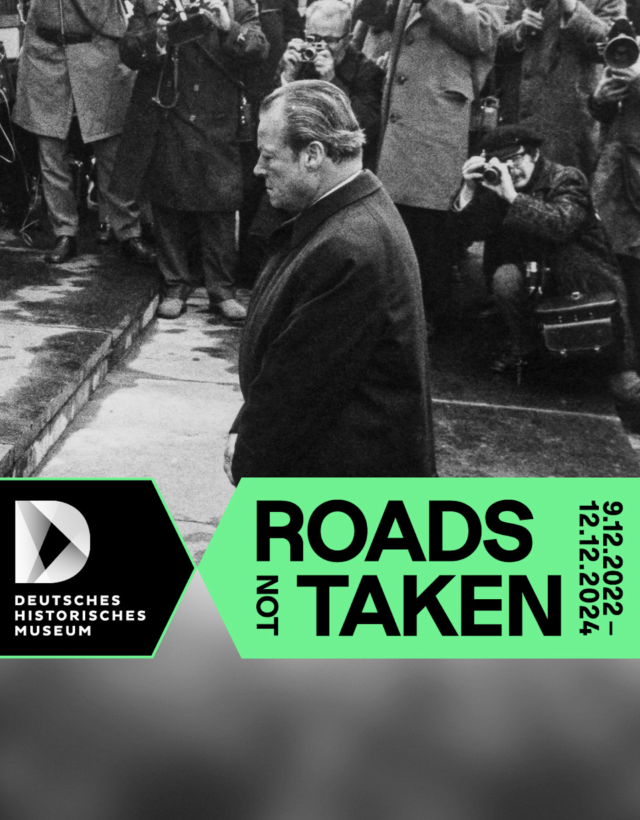Overview of the Whistleblower Protection Act
The Whistleblower Protection Act was introduced to protect people who report violations of certain national and European legal norms. The most relevant violations in this context are criminal offences, but other violations, such as relating to data protection, are also covered.
The HinSchG obliges companies of more than 50 employees and public employers to set up internal reporting centres so that employees may report criminal grievances swiftly and easily. In addition, whistleblowers are to be protected from retaliatory action such as dismissal or harassment if they report problems. In addition to the internal reporting centres, the state has also created external reporting centres. Whistleblowers can turn to these if they distrust internal channels or have already had bad experiences using these channels.
Whistleblower protection and the police?
Especially within the police force, whistleblower protection is crucial to ensure the rule of law. The police have far-reaching powers that interfere greatly with fundamental civic rights. Effective whistleblower protection helps prevent the abuse of these powers and strengthens trust in the rule of law. It also promotes transparency within the police by uncovering and combating internal abuses, misconduct and corruption.
Reports of racist, sexist, right-wing extremist and antisemitic incidents within the police, which have attracted a lot of media attention, emphasise the urgency of transparency and controls. Whistleblowers play a crucial role in this. Without adequate protection, they risk discrimination, harassment and even dismissal. Effective whistleblower protection makes sure that individuals can report abuses safely and without fear of reprisal.
The protection of whistleblowers contributes to an open and honest culture within the police, in which misconduct is not tolerated but actively combated. This can improve the police culture overall. A transparent police force committed to the highest standards of integrity reinforces public trust in the police and their ability to fulfil their duties fairly and lawfully.
Facts and figures on whistleblowing in the police for the first time
In 2024, the " Mach Meldung! Strong Voices for the Police" project commissioned a study in which police officers were asked about their views on whistleblowing and the new law. The study was conducted by Verian Germany and surveyed a total of 558 police officers at the federal and state levels between 24 January and 6 February 2024.
Key findings of the study:
- Lack of information: 73% of the police officers surveyed stated that they had not been informed about the Whistleblower Protection Act by their employer, despite the legal obligation to do so. 52% of respondents wanted more information about the law and the available reporting centres.
- Assessment of the law: A mere 19% of respondents are of the opinion that the HinSchG is "rather a step in the wrong direction". This shows that the law is generally well received, even if there are still challenges in its implementation.
- Need for confidential reporting channels: The majority (62%) see the need for confidential reporting channels and contact points for misconduct outside the official channels to be better protected in the event of a report.
- Obstacles to reporting misconduct: The biggest obstacles to reporting misconduct are the fear of negative reactions from colleagues (55%) and the fear of being confronted by misbehaving colleagues (48%). Loyalty to colleagues and the police as an institution (47%) as well as fear of repercussions for their professional careers (42%) also play a major role.
The challenges
The results of the study show that despite the existing Whistleblower Protection Act, information remains lacking and concerns among police officers persist. There are several areas requiring improvement:
1. improved communication and training: It must be ensured that all police officers are fully informed about the HinSchG and the available reporting channels. This requires targeted training and information campaigns.
2. strengthening the contact points: Establishing and strengthening confidential and anonymous reporting channels is essential to increase the confidence of officials in the reporting system. Reporting centres that work independently can help increase preparedness to report.
3. cultural change within the police force: To reduce concerns vis-à-vis negative reactions and professional disadvantages, an open, improvement-oriented approach to mistakes in the police force is needed. An open constructive feedback culture must be promoted and lived: Whistleblowing improves the working environment rather than tarnish it.
4. legal adjustments: The law must be adapted to further strengthen the protection of whistleblowers and ensure that reports of all relevant cases of wrongdoing are protected. Especially in the context of security authorities, reports that are subject to confidentiality (so-called "classified information") must also be possible, at least internally. These have so far been almost completely excluded from the law.
Solutions
The study shows that considerable challenges for the practical implementation of whistleblower protection remain. Officers must first be informed so that they can overcome fears and conflicts of loyalty. They need support in doing so.
Projects such as "Mach Meldung! Strong Voices for the Police" can take this as a starting point and provide support. As part of the project, experts with extensive teaching experience give training courses at police academies and police stations and that way reach police officers in person. The project has also set up an information portal for all police officers and people within the policing ecosystem. There, police officers may access further information on the protection of police whistleblowers and, using the "Find a Reporting Centre" function, find a unique collection of contact points for reporting grievances (also external to the Whistleblower Protection Act). This way, all police officers can identify easily accessible and officer-specific contact points and contact the project team if they need support.
Such services mean that police whistleblowers are no longer dependent on information from their employer and are encouraged by external actors to stand up for the rule of law within their agency. The topic can also be de-tabooed as a result.
Conclusion
The Whistleblower Protection Act has made important progress in its first year. However, further steps are needed to ensure effective protection for police officers who report information. The study makes it clear that information deficits must be eliminated and confidential reporting channels strengthened in order to bring about a cultural change within the police. Projects such as "Mach Meldung! Strong voices for the police" can play a decisive role here by directly addressing the needs of police officers through training and information programmes and strengthening whistleblower protection in the long term. This is the only way to create a long-term environment in which transparency and the rule of law are ensured and abuses are effectively combated.
About the author:
Laura Kuttler is a lawyer with Gesellschaft für Freiheitsrechte e.V. (“Society for Civil Rights”) and, jointly with Franziska Görlitz, heads the "Mach Meldung! Strong Voices for the Police" (www.mach-meldung.org) project. The project supports police officers who witness injustice while on duty and do not want to remain silent. She previously worked as a specialist teacher for operational and public service law at the Federal Police Training Centre.
The Alfred Landecker Foundation has supported the "Mach Meldung! Strong Voices for the Police" since its inception.



